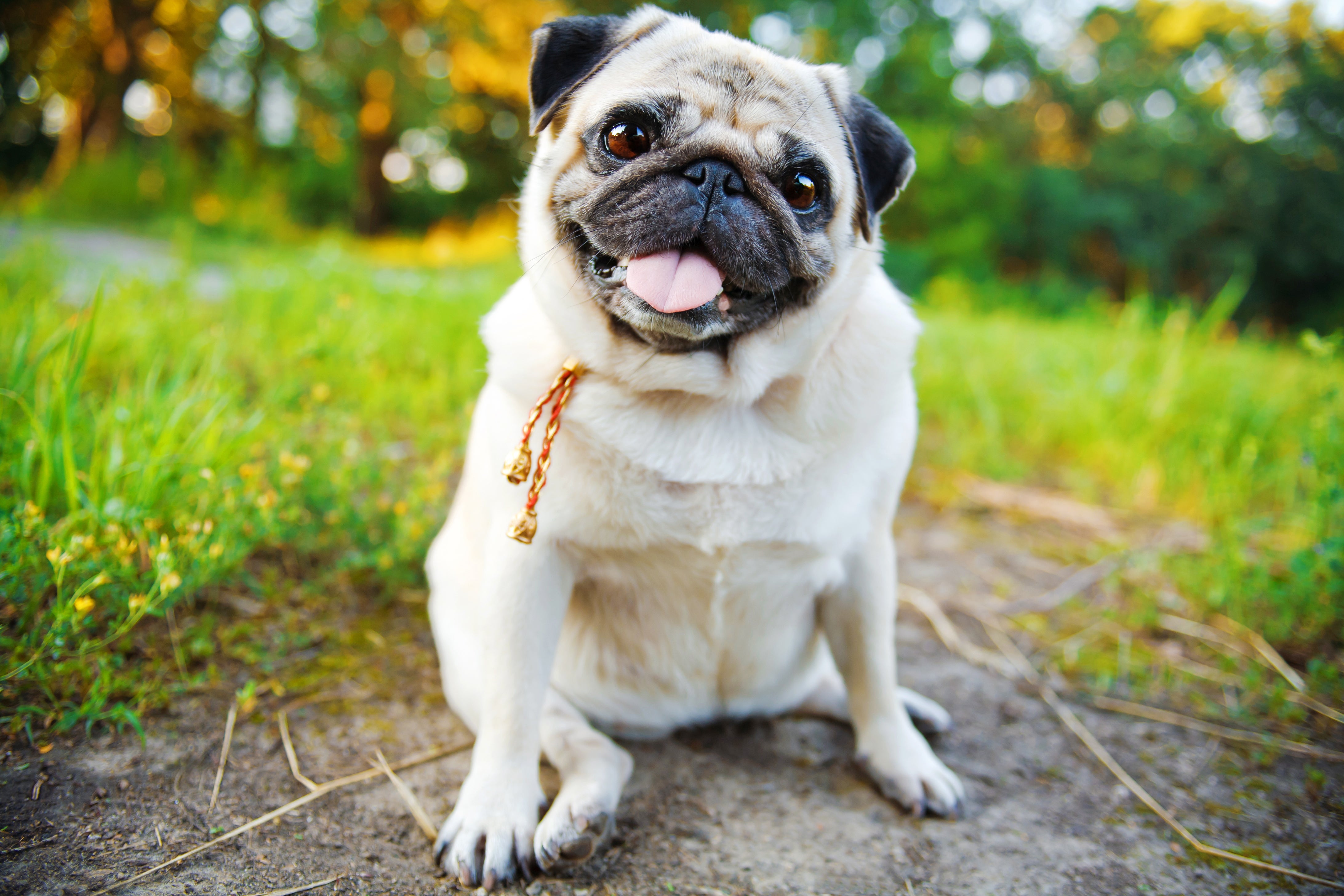The dog breeds with the most health problems
These are just some of the popular dog breeds prone to health issues

Norway recently announced a ban on the breeding of English Bulldogs and Cavalier King Charles spaniels due to concerns over the health of the dogs.
According to the ruling from the Oslo District Court, the selective breeding of the dogs violates animal welfare laws, as animals from neither breed can be considered “healthy”.
English Bulldogs often develop health problems as a result of their short snouts and the shape of their skull, which make them prone to severe respiratory problems. Additionally, eye conditions and skin infections in the folds of their skin are also common in the dogs.
Cavalier King Charles spaniels are prone to heart conditions, eye problems such as cataracts and dry eye syndrome, and joint problems as a result of selective breeding.
While the country’s landmark ruling only applies to the two breeds, they are not the only dogs prone to health problems, as there are multiple breeds that have been linked to an increased likelihood of developing certain diseases.
German Shepherd
According to the Mid-Atlantic German Shepherd Rescue (MAGSR), German Shepherds are prone to degenerative myelopathy, an autoimmune-based, progressive neurological disease that affects the spinal cord. “It appears with relative frequency only in the German Shepherd dog; therefore, a hereditary factor is likely but not yet proven,” the outlet states.
Peta also notes that the dogs are prone to hip and elbow dysplasia, which are categorised as developmental disorders caused by joint formation as the dog grows. The disorder, which is hereditary and common in multiple large dog breeds, can result in eventual loss of function of the joint, according to the American Kennel Club (AKC).
According to Peta, the dogs are also prone to eczema, blood disorders, epilepsy, dwarfism, bloat, which can be life-threatening, and digestive problems.
Shar pei
Shar peis are another dog breed prone to health issues, according to AnimalWised, which states that the dogs can develop cataracts, hip dysplasia, thyroid issues such as hypothyroidism, and eye concerns such as conjunctivitis and corneal ulcers.
Golden Retriever
According to the Golden Retriever Society, Golden Retrievers often develop a number of health issues as well, with the outlet noting that the dogs frequently suffer from “cancer, hip and elbow dysplasia, luxating patella, chest and skin problems, eye problems, ear infections, bloat, epilepsy, and hypothyroidism”.
The dogs are also at risk of developing Von Willebrand disease, a blood disorder in which the blood does not properly clot.
Boxer
Boxers are on the list of unhealthy dog breeds, according to Peta, because of the breed’s likelihood of developing health issues such as cardiomyopathy, a heart disease that causes abnormal heartbeat, epilepsy, tumours, and subaortic stenosis, which is a narrowing of the outflow valve beneath the heart’s aortic valve that can lead to heart failure.
Dachshund
As a result of their body shape, Dachshunds are prone to a number of health concerns as well, such as spinal and neurological issues, which may require surgery to fix. The dogs can also suffer from obesity and eye problems, according to Canna Pet.
Bernese Mountain Dog
These large dogs have extremely short lifespans, according to Hepper, which notes that years of inbreeding has resulted in an increased risk of developing cancer.
According to AnimalWised, the dogs also have a predisposition to meningitis, elbow dysplasia, hip dysplasia, histiocytosis, ataxia, shaking puppy syndrome and progressive retinal atrophy.
Pug
Not unlike bulldogs, pugs can also suffer from health issues resulting from their flat snouts, which restrict airflow, and can lead to respiratory issues. The dogs are also prone to eye problems such as eye infections due to their bulging eyes.
Labrador Retriever
Labrador Retrievers are prone to a number of health problems as well, according to Peta, which notes that the dogs can develop cataracts, hip and elbow dysplasia, and bloat. The breed is also prone to obesity and a condition called exercise-induced collapse, according to PetMD.
According to Peta, the list of most “over-bred” dog breeds also includes Yorkshire Terriers, Beagles, Poodles, and Shih Tzus.
Join our commenting forum
Join thought-provoking conversations, follow other Independent readers and see their replies
Comments


Bookmark popover
Removed from bookmarks